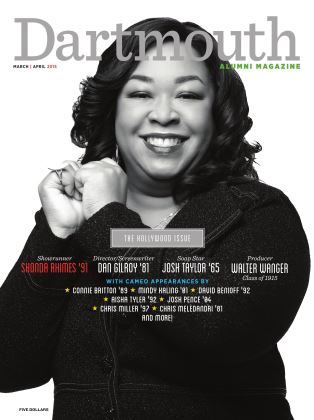DAVIS IS OFTEN CALLED ONE OF THE GREATEST cultural historians in the world—and was recognized last summer with the National Humanities Medal “for reshap- ing our understanding of history,” said President Barack Obama at the ceremony. A leading authority on the history of slavery and abolitionism, Davis is widely recognized for his Problem of Slavery trilogy (the first book, The Problem of Slavery in Western Culture, won the 1967 Pulitzer Prize; the second, The Problem of Slavery in the Age of Revolution, won the 1975 National Book Award and the Bancroft Prize). The Sterling Professor of History Emeritus at Yale and founder of its Gilder Lehrman Center for the Study of Slavery, Resis- tance and Abolition, Davis is respected as much for his more than 50 years of scholarly work as for the many distinguished scholars who call themselves his students. “When his latest book came out last winter the applause of fellow scholars was deafening,” says Yale historian John Demos. That book, The Problem of Slavery in the Age of Emancipation, is “essential reading for anyone wishing to understand our complex and contradictory past,” said The New York Times.
Davis attended Dartmouth on the GI Bill (after service in the Army) and majored in philosophy before earning his Ph.D. in history from Harvard in 1956. His almost half-cen- tury study of slavery leaves him cautiously optimistic that equality is attainable, but it will take time. “Since the 1960s we’ve made great progress on many fronts with regard to race,” says Davis. “The Ferguson [Missouri] situation and the riots that developed right away indicate that we could have unexpected violence and conflict between whites and blacks. The depth of prejudice and racism has been extremely great and extremely difficult to overcome.”
 View Full Issue
View Full Issue
More From This Issue
-
 Feature
FeatureBehind the Scenes
March | April 2015 By LISA FURLONG -
 COVER STORY
COVER STORYTelevision’s Wonder Woman
March | April 2015 By Jennifer Wulff ’96 -
 Feature
FeatureDrama King
March | April 2015 By TY BURR ’80 -
 FEATURE
FEATUREDirector’s Cut
March | April 2015 By PAMELA MASON WAGNER ’81 -
 Feature
Featureclassnotes
March | April 2015 By DARTMOUTH COLLEGE LIBRARY -
 Article
ArticleJosh (Tim) Taylor ’65
March | April 2015 By LISA FURLONG







